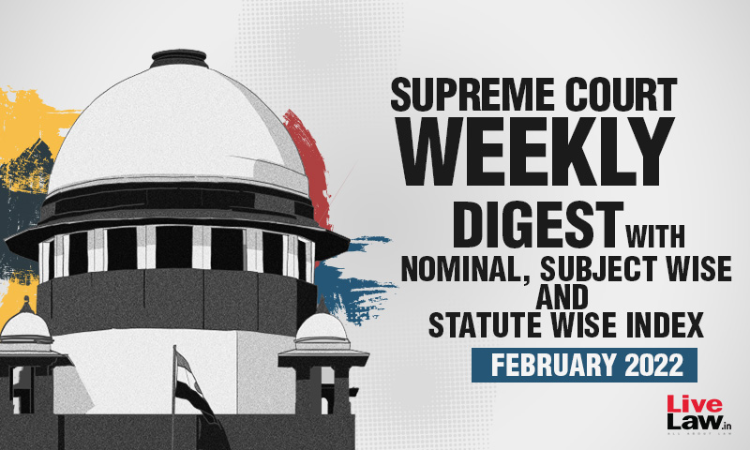Code of Criminal Procedure 1973; Section 311 - Merely because a different statement given by the same prosecution witness in another case that itself would not be a reason for recalling the witness. Saud Faisal v. State of Uttar Pradesh, 2022 LiveLaw (SC) 556 Code of Criminal Procedure 1978; Section 438 - Anticipatory Bail - Court is expected to pass orders in one way or other...

